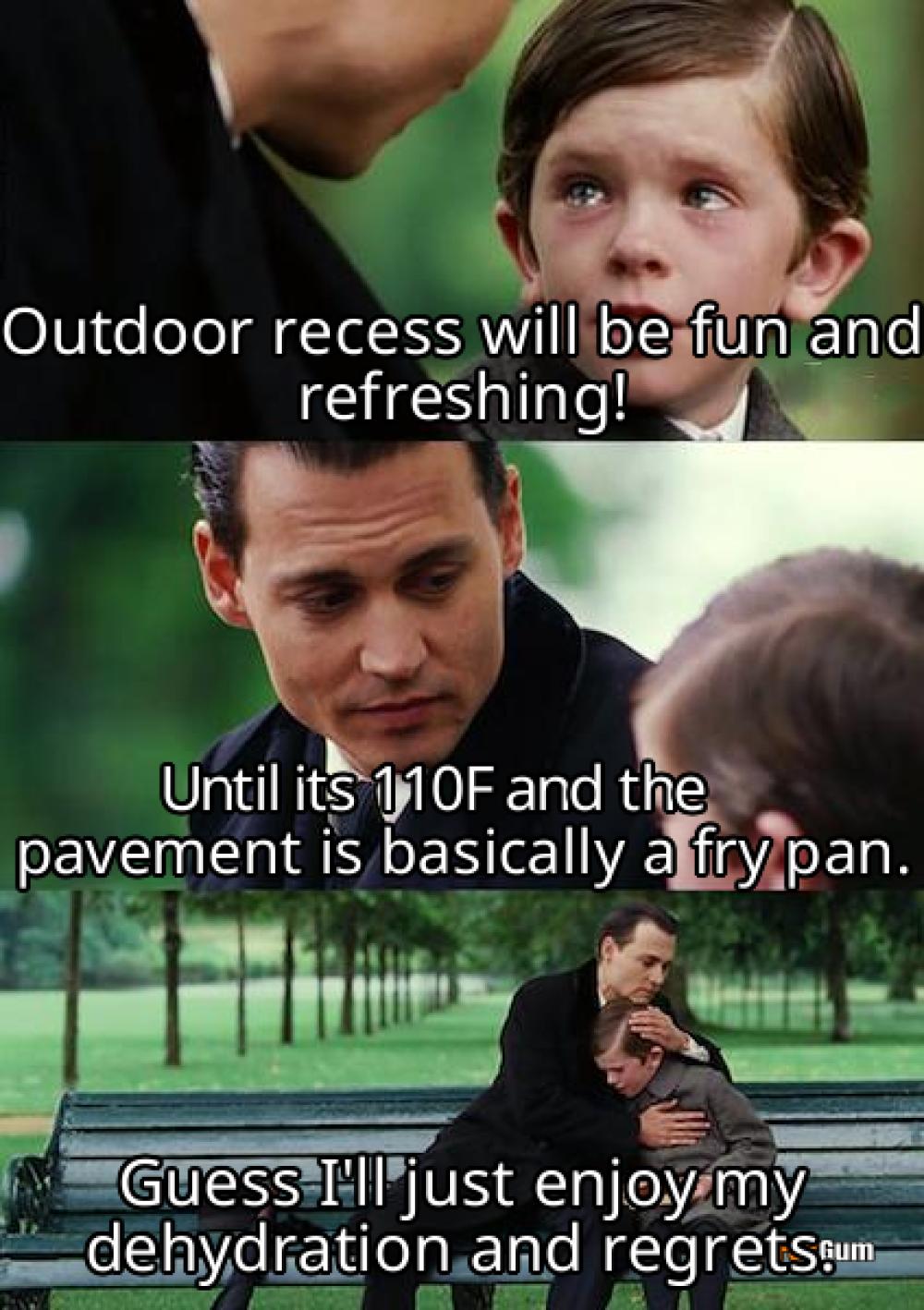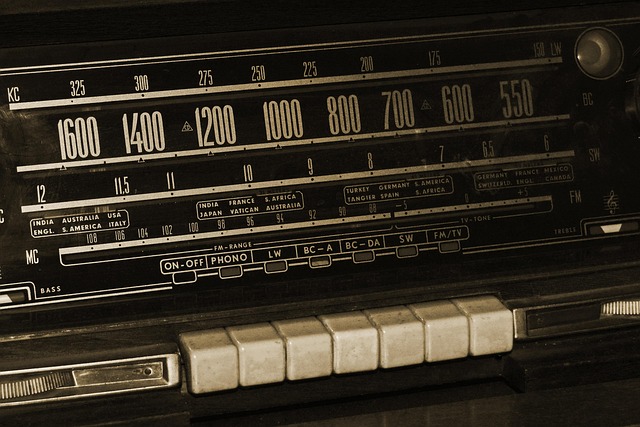
Concealed Carry Permits
Concealed carry permits allow individuals to carry a concealed firearm in public. The laws surrounding these permits vary significantly from state to state, reflecting a diverse range of opinions on gun ownership and public safety. This article will explore the essentials of concealed carry permits, their requirements, and the ongoing debate about permitless carry laws.
What is a Concealed Carry Permit?
A concealed carry permit is a legal authorization that allows individuals to carry a firearm in a concealed manner. This means that the firearm is not visible to others, which is often a requirement for public carry. In many states, obtaining a concealed carry permit involves a formal application process, background checks, and sometimes mandatory training.
Requirements for Obtaining a Permit
The requirements for obtaining a concealed carry permit can vary widely. Here are some common elements:
- Age: Most states require applicants to be at least 21 years old.
- Background Check: A thorough background check is typically conducted to ensure the applicant does not have a criminal record or a history of mental illness.
- Training: Many states mandate completion of a firearms training course. This training often includes safety protocols, handling techniques, and live-fire instruction.
- Application Fee: Applicants often need to pay a fee when submitting their application.
The Shift Towards Permitless Carry
In recent years, there has been a significant movement towards permitless carry laws, which allow individuals to carry concealed firearms without a permit. Prior to 2010, only two states permitted this practice. However, the push from gun rights advocates has led to several states repealing the requirement for permits. Proponents argue that this enhances personal freedom and self-defense rights, while opponents raise concerns about public safety and the potential for increased gun violence.
Safety Considerations
One of the primary arguments for requiring permits is the emphasis on safety training. Supporters of mandatory training point to studies indicating that states with stronger public carry policies, which include training requirements, tend to have lower rates of firearm-related incidents. This highlights the importance of understanding how to handle firearms safely and responsibly.
The Ongoing Debate
The conversation surrounding concealed carry permits and permitless carry is complex and often polarized. Advocates for gun rights emphasize the right to bear arms as a fundamental freedom, while those concerned about public safety argue for stricter regulations to prevent potential harm. As laws continue to evolve, it’s essential for individuals to stay informed about their local regulations and the implications of carrying a concealed weapon.
Conclusion
Concealed carry permits play a significant role in the discussion of gun rights and public safety. Whether through structured training or the push for permitless carry, the conversation is ongoing. Understanding the laws in your state and the importance of safety training can help ensure responsible gun ownership and contribute to community safety.

















 Camila Mendoza Olmos
Camila Mendoza Olmos 
 Health
Health  Fitness
Fitness  Lifestyle
Lifestyle  Tech
Tech  Travel
Travel  Food
Food  Education
Education  Parenting
Parenting  Career & Work
Career & Work  Hobbies
Hobbies  Wellness
Wellness  Beauty
Beauty  Cars
Cars  Art
Art  Science
Science  Culture
Culture  Books
Books  Music
Music  Movies
Movies  Gaming
Gaming  Sports
Sports  Nature
Nature  Home & Garden
Home & Garden  Business & Finance
Business & Finance  Relationships
Relationships  Pets
Pets  Shopping
Shopping  Mindset & Inspiration
Mindset & Inspiration  Environment
Environment  Gadgets
Gadgets  Politics
Politics 